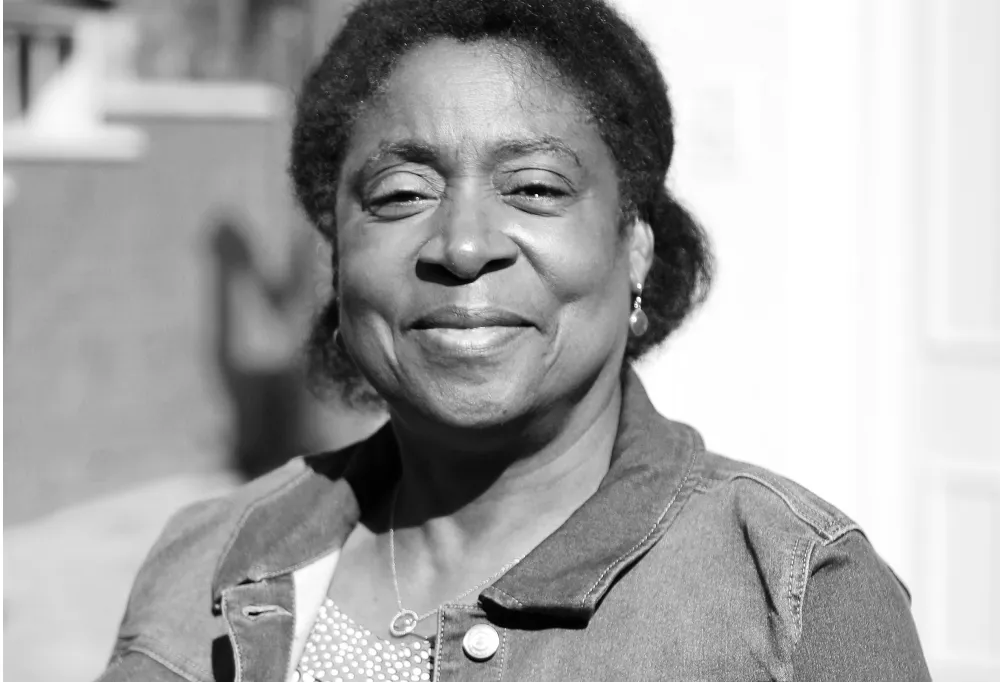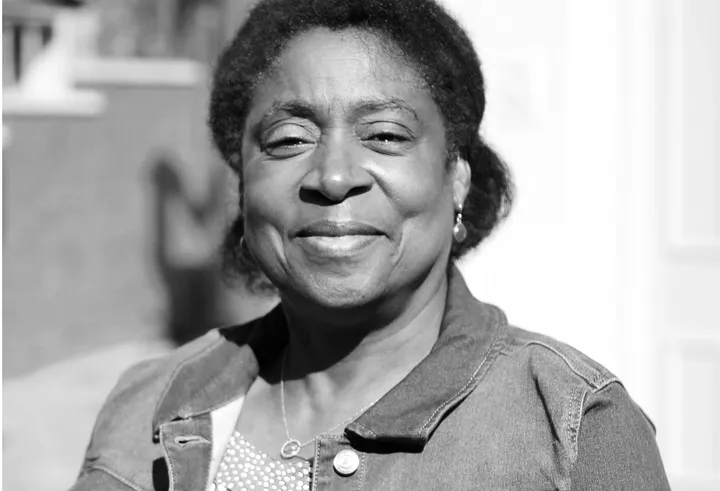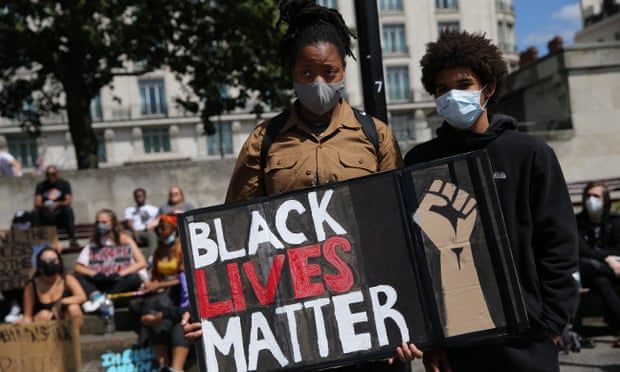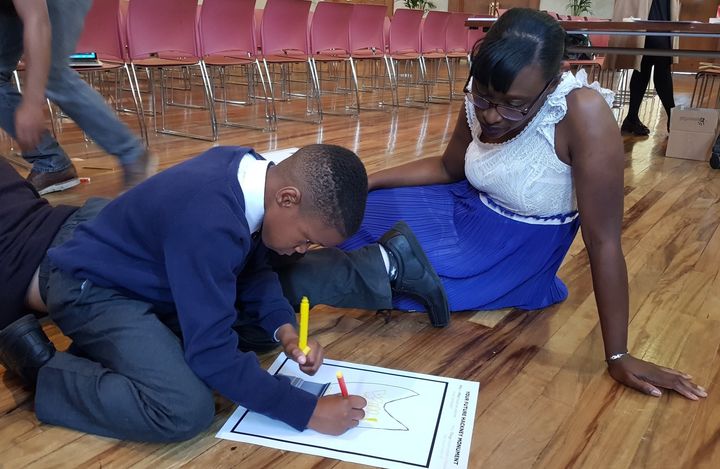
Reflecting on BHM
As we reach the end of Black History Month, we’re reflecting on the relevance of this year’s events and the importance of teaching and celebrating Black History all year round.
We can all agree that this year’s BHM celebrations have been a little different than other years. With social distancing and COVID restrictions, BHM events have been impacted, with many moving online. For some, adapting to these changes has been a challenge, but despite this, it has felt more important than ever to take part in this year’s Black History Month.
In our last blog, we spoke about the origins and aims of Black History Month - to commemorate and highlight the achievements and stories of Black people and communities, acknowledging the contributions that have helped to shape British society as we know it today - which are often left out of history lessons.
BHM is also about celebrating and embracing the richness of Black culture and history. It’s a chance for Black communities to unite people, to educate them about their heritage, and to advocate for a fair and equal society - which is more relevant than ever this year.
Aside from the global pandemic, 2020 will be remembered for the resurgence of the Black Lives Matter movement, with the murder of George Floyd and countless other innocent Black people sparking protests around the world.
“2020 has held a mirror up to the world and forced many to see the reality of racism”
- Catherine Ross, Guest Editor of Black History Month 2020

It’s been a tough year for all of us, on so many levels, but Black communities and other POC have suffered more than most - from experiencing the realities of racism in the UK, to seeing Black people brutally murdered without cause and without justice, to being disproportionally affected by COVID.
“This year has been significant as we reconcile with the importance of our Black history. As we witness the affect the murder of George Floyd, the mistreatment of our Windrush Generation and the unprecedented loss of life Covid-19 has had on Black, Asian and minority ethnic groups, it’s important we provide context, encourage debate and enlighten our youth through proactive education”
-Cllr Anntoinette Bramble, Deputy Mayor and Cabinet Member for Children’s Services and Education
Black History month was more relevant than ever this year, not only reflecting Black history, but also leading the way towards a future where Black communities and other POC are treated equally, where systemic racism is confronted, where their actions and contributions are acknowledged, where they have the same access to opportunities as their white counterparts.
For our younger generations, BHM plays a key role in learning about their heritage and raising their aspirations. The events held yearly throughout October provide great opportunities for young people to learn about the things they aren’t taught in school, allowing them to explore a different aspect of their community and wider society, and inspiring them to speak up and fight for their rights.

Young people are often the voice of change, leading the way towards a better future for all.
A key example of this in Hackney’s history took place in September 1962, when 300-400 young people - all members of Hackney Youth Clubs - led a silent march to Whitehall to present a letter urging the Prime Minister to make inciting racial hatred a crime.
Here at Immediate Theatre, we are passionate about providing a space for young people to explore the issues they face, to empower young people and to provide a platform for their voices to be heard. We are constantly impressed by our young people, the strength they have to overcome adversity and challenge injustice, and the ways in which they channel their experiences in positive and creative ways. This year has been no different, with so many youth-led movement arising out of the BLM protests.
Last week, we delivered a half-term project in Daubeney Primary School, working with young people aged 5-11. As part of this, we explored the lives of various Black inventors through history, learning more about their contributions to modern-day society, creating still images and dramatisations of different parts of their lives, and taking inspiration from their work to create our own inventions.
“I feel inspired by the Black inventors we’ve been talking about”
“Even if you’re Black you can still be famous and invent stuff”
“No matter what race, skin colour and age you are you can still do anything you want”
“You can achieve anything you want no matter what your skin colour is”
At the end of the week, we asked our young people what they had learnt.
October is over… What now?
There have been debates over the years about Black History Month, with some arguing that being limited to just one month sends the message that Black people are not valued and separates Black history from British history. Organisations like The Black Curriculum are campaigning for a full picture of British history in schools, which includes Black people’s contributions to the nation. Representation is extremely important for young people - being able to see someone that looks like them achieving great things can make them realise these opportunities are open to people like them too.
So how can we continue to support the teaching of Black History and providing a platform for Black voices beyond October?
One of the ways The Black Curriculum suggest is to continue the conversation - by asking questions and being vocal, we can help to challenge the lack of representation both in the curriculum and in society. In our Youth Theatres, we regularly explore long-standing social issues such as racism and discrimination and current topics such as BLM, Grenfell and COVID. Through our sessions, young people can make sense of the issues affecting them and find creative ways to challenge or understand them.
We were delighted to see Hackney Council’s Black Curriculum initiative this month, providing free teaching packs to schools to provide young people with ‘an education not just about the history of Black people, but about a history that belongs to us all’.

Don’t forget - this year in Hackney Black History Season spans across 3 months from October to December. There are still plenty of events including poetry, music, film screenings and more!
Visit the Love Hackney website to find out more about what’s on